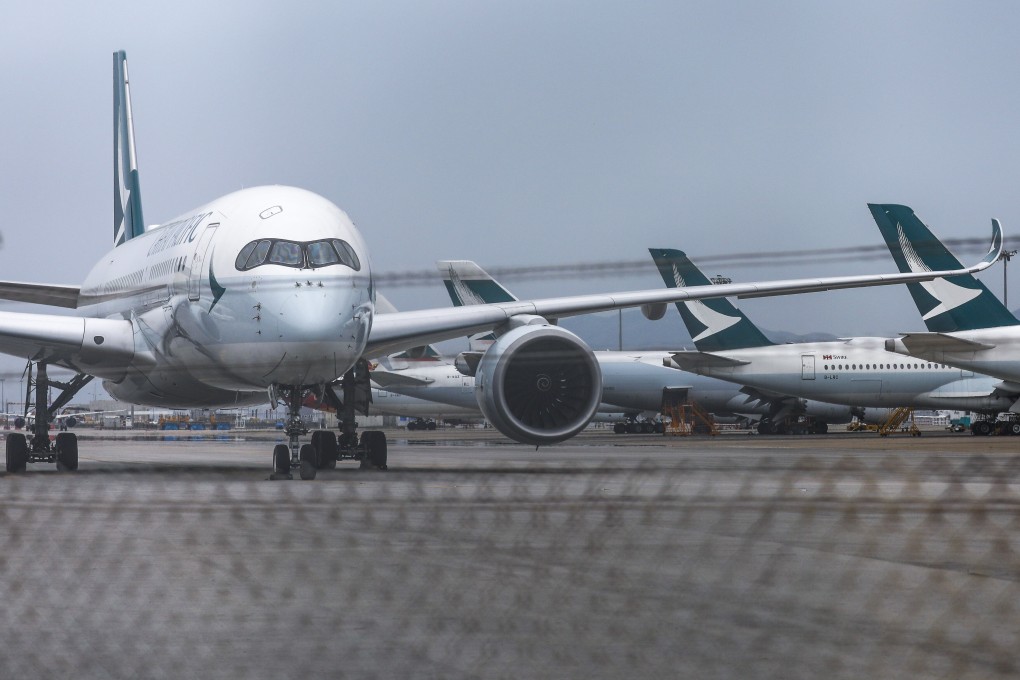Explainer | Why Cathay Pacific’s bailout was not just important for the airline but Hong Kong as a whole
- Financial Secretary Paul Chan said city’s air network underpinned range of industries including financial services and tourism
- Air cargo reached 500 million tonnes in 2018 and was worth US$473 billion to Hong Kong

Here is why the bailout plan was important, not only for the survival of the city’s flagship carrier but also its status as a leading international aviation hub.

01:27
HK$30 billion bailout for Cathay Pacific is necessary, Hong Kong government says
Why was there a government bailout?
The airline has been losing money at a rate of HK$2.5 billion to HK$3 billion per month since February and passenger capacity has also plummeted by 97 per cent, according to an exchange filing on Tuesday.
Financial Secretary Paul Chan Mo-po said the objectives for the bailout were to help protect Hong Kong’s role as a leading international aviation hub, as well as the city’s long-term overall economic development, while generating a reasonable return for the government.
“Our comprehensive international air network not only facilitates the flow of passengers and cargo through Hong Kong, but also underpins the development of a wide spectrum of economic activities, notably trading and logistics, finance services and tourism,” he said.